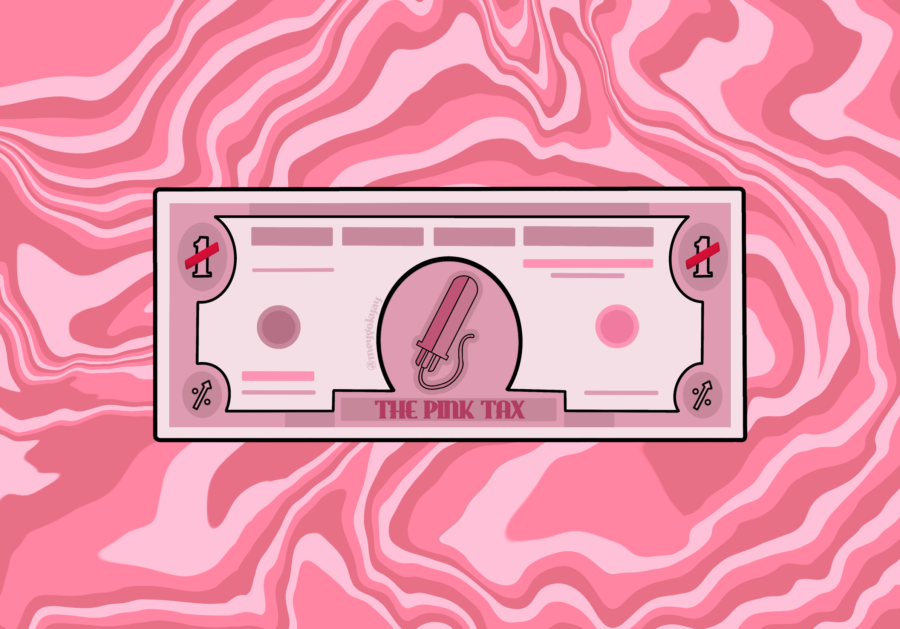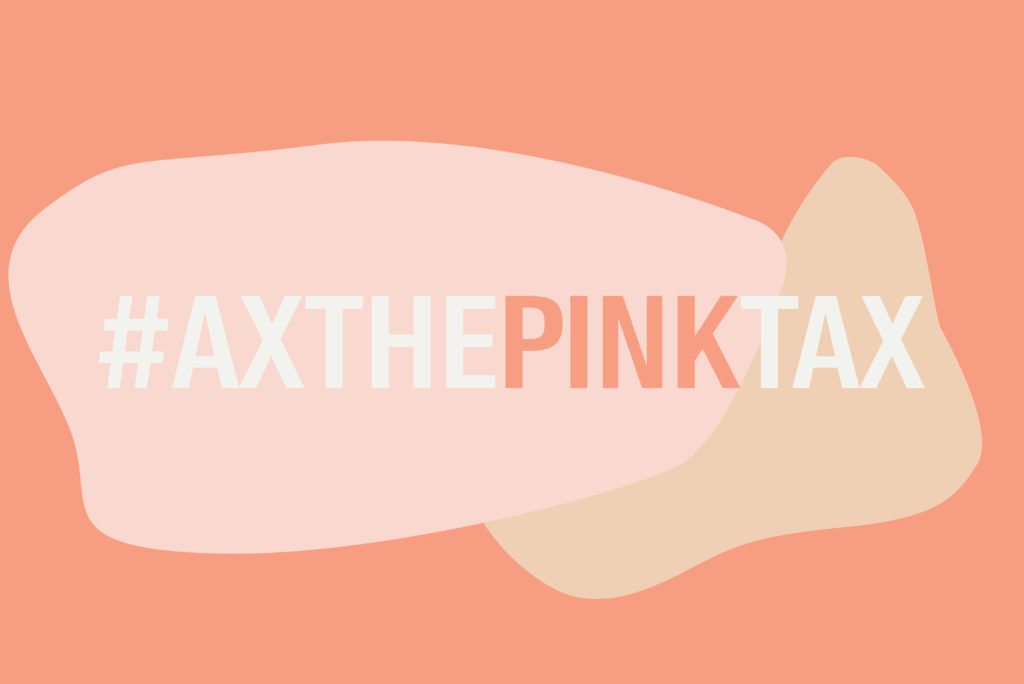What is Pink Tax
Being a female consumer, have you ever noticed, you pay more for the same goods or products compared to men? Be it a personal care product or just a salon service, these cost you more for no distinguishable reason but the fact they are marked as for women.
Sounds like a common phenomenon for us, women, right? This insidious practice comes in a tempting name – Pink Tax. The “pink tax” is not actually a tax summoned by the government, but an additional cost or extra charge for female products and services. It calls attention to a gender-based pricing model, where women spend more for the same items as men. It is that invisible cost that women pay while the male equivalent of the same goods is available for less price.
All this overpaying starts from, regrettably, your birth as a female child. From baby shoes to kids’ toys, nothing is left untouched by the hoodwink of pink tax. Even when you asked for a barbie school bag or a pretty water bottle back then, your parents were probably robbed. Initially, Pink Tax may seem to be limited to first-world countries only. But it lurks in every supermarket across the world and leaves a concealed token of misfortune for half of the global consumers.
Pink Tax exists in layers from long ago!

The New York City Department of Consumer Affairs disclosed a study comparing the prices of over 800 products. Where the study has found, women and girls pay 4% more compared to the same products for men and boys. And for personal care products, the difference in price shoots up to 13%. Let’s take Bangladesh for instance. A 100 ml body spray bottle of a well-known perfume and fragrance brand is being sold at BDT 280 and BDT 300. Yes, you assumed it right. The pricier one is for women. The most beguiling takeaways from this report are that the pink tax follows a woman through every sphere of her life.
This Pink Tax – an economic disadvantage for women wrapped in a fancy phrase – is not a 21st-century invention. It’s been around for decades. The State of California pulled off its own gender pricing study in 1994. That showed women paid approximately $1,351 more per year than men on products and services. That’s about $2,188 in today’s worth. For years there are some culprit industries that have been overcharging us only because of existing as women.
How to turn it down

For sure retailers’ biggest target is women, but there are ways to offset the Pink Tax. At least we can play our part to combat paying additional charges.
Take charge of your own finance. Go for gender-neutral products. Choose wisely when you are out for buying a product that has both the male and female versions. Now, this is where industries like skincare, haircare, and accessories play the advertising game. ‘Female’ products are often dressed in pink, purple, or soft colors with sprinkles of glitter making it look like a luxury item. They comfort coat the product and retail it at an unnecessary higher rate. Don’t fall for the packaging trap, rather focus on the ingredients which tend to be no different than the ones for men. Most importantly, support the companies that have shifted in gender-neutral pricing. They are voicing an inclusive marketplace that will shrink the pink one day.
Most of the women tend to have soft corners for plush or soft toys, cute-looking accessories, and special skin-care products. And, these industries literally rip you off under the pretty shades of, again, packaging. You are just a victim of the marketing gimmick that adds no value to your life.
And, culturally speaking, women have been indoctrinated to believe that we need certain products to meticulously depict our femininity. Society propels us to conform to the appearance norms – such as maintaining a certain way of clothing, overall outlook – and meet these culturally instilled gender standards. Industries meanwhile conspire to amplify the chasm and market certain products to women which eventually benefit their business. We are stuck in a maze of artificial differences which exist only in practicing a silly myth of womankind. Women need to turn down the illusion of living in a bubble that only perpetuates discrimination.
So, what has held us back from even having this conversation? Only we being aware of these industrial dark policies will save us from paying pink tax and invest the money in better schemes like investments and savings for the future. If the bell doesn’t ring now, then, I fear, it will never.









